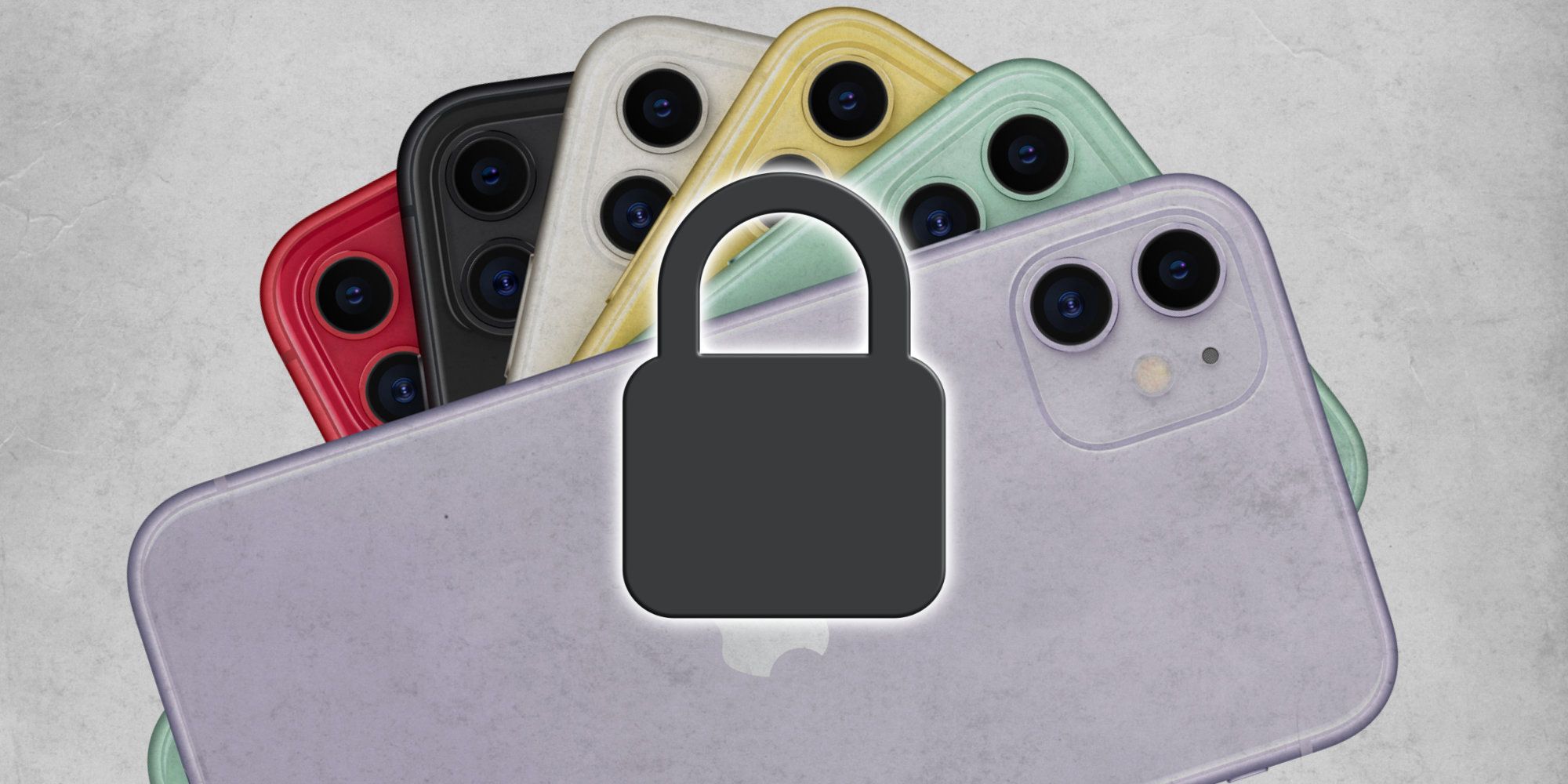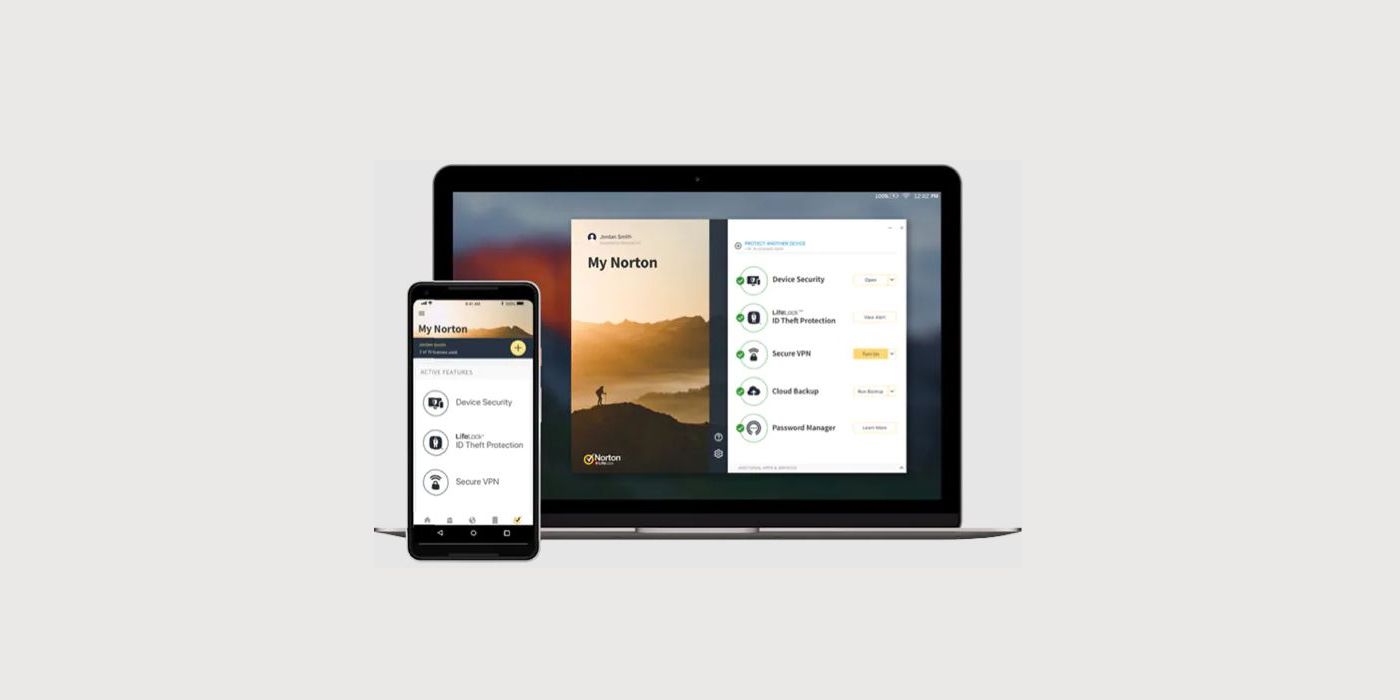
It's essential for phone users to protect themselves from others who could be recording their every move through a spyware app. These apps can do any number of dangerous things, including recording phone calls or keystrokes. They can also sometimes track a user's location or upload their photos. While spyware apps gather different information, they all have the same objective of learning about the user and have the potential to be utilized in a malicious way.
Stalkerware is a particularly dangerous subset of spyware. It's often installed on someone else's device and monitored remotely, typically without the user's knowledge. Stalkerware could be used by an intimate partner, with some apps branding themselves as a good way to catch a spouse cheating. They can theoretically monitor everything on a user's phone including texts and emails. The stalkerware software could be disguised as a legitimate app either downloaded by the user or even installed remotely via a messenger app or something similar.
A recent article from The New York Times offers some helpful tips on how users can protect themselves from stalkerware specifically, though the suggestions are also beneficial for those looking to avoid spyware in general. It highlights just how worrisome these apps can be when used by an intimate partner especially, often as a way to spy or keep tabs on someone without their knowledge.

There are several ways users can protect themselves. First, they can look for unusual behavior, like their battery dying more quickly than usual. This could indicate there is a spyware app running in the background without the user's knowledge. It's also a good idea to scan devices with programs like MalwareBytes, Certo, NortonLifeLock, and Lookout. Additionally, users can check their app settings to see if other devices have access to them.
When it comes to general Internet safety, it's wise to change passwords and passcodes often. Also, try not to use the same password across accounts, tempting as it may be. A step further would be to set up two-factor authentication. Even if someone gets hold of a password, they won't get in without the code. Lastly, users should regularly update all of their apps and phone to make sure they're utilizing the most current safety features. Following all of these steps won't guarantee spyware doesn't make its way onto someone's phone, but they will hopefully lessen the risk of that happening.
Source: NY Times
https://ift.tt/3k8CnD3
October 08, 2021 at 12:29AM




